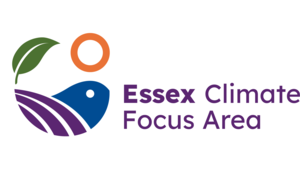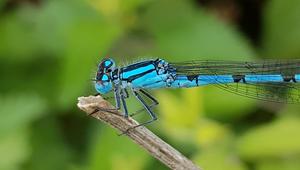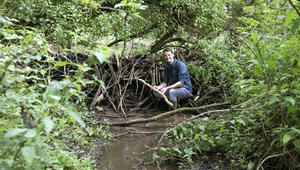Archie Ruggles-Brise is the Partner and Estate owner of Spains Hall Estate in Finchingfield. Archie and the estate team are some of the excellent advocates that work to enhance wildlife and biodiversity and protect our natural resources within Essex’s Climate Focus Area (CFA).
Agroforestry plays a big part in the work Archie and the team are doing at Spains Hall Estate. They are currently transforming 300 hectares of farmland into an ‘alley-cropping’ system by planting around 10,000 nut and timber trees over a five-year period. In 2022, nearly 400 walnut, 300 hazelnut and 1,200 oak trees were planted as part of the programme. The remainder will be planted this year. The Essex Forest Initiative has provided grant funding to the agroforestry project.
By working in this way, Spains Hall Estate is moving some of its land away from growing annual crops such as wheat and barley, and towards an approach that seeks to produce food in greater harmony with the environment. They are also aiming to establish one of the largest agroforestry systems in the UK.
With one of the goals of the CFA being to reduce flooding to become more climate change resilient, the work that Archie has been doing to reintroduce Eurasian beavers has been imperative. Since the first reintroduction in 2019, the beavers have had three sets of kits, or baby beavers, and have used their natural engineering skills to transform a woodland into a thriving wetland and in turn reduce flood risk to the village of Finchingfield, increasing drought resilience, clean water and creating year-round habitat for wildlife. In 2022 two new, far larger enclosures were constructed (with support from Essex County Council amongst others) to deliver even more flood risk benefits to the village.
Achieving Net Zero is paramount for both the CFA and the estate. Archie and his team are one of only five sites in the UK to be involved in Natural England’s Biodiversity Net Gain Credits Pilot. Biodiversity Net Gain (BNG) is an approach to development and land management, that aims to leave the natural environment in a measurably better state than it was beforehand. BNG is a key component, but the estate’s model goes well beyond offsetting, with opportunities for wider voluntary environmental and social impact, risk reduction, water and climate resilience, and sustainable agriculture.










